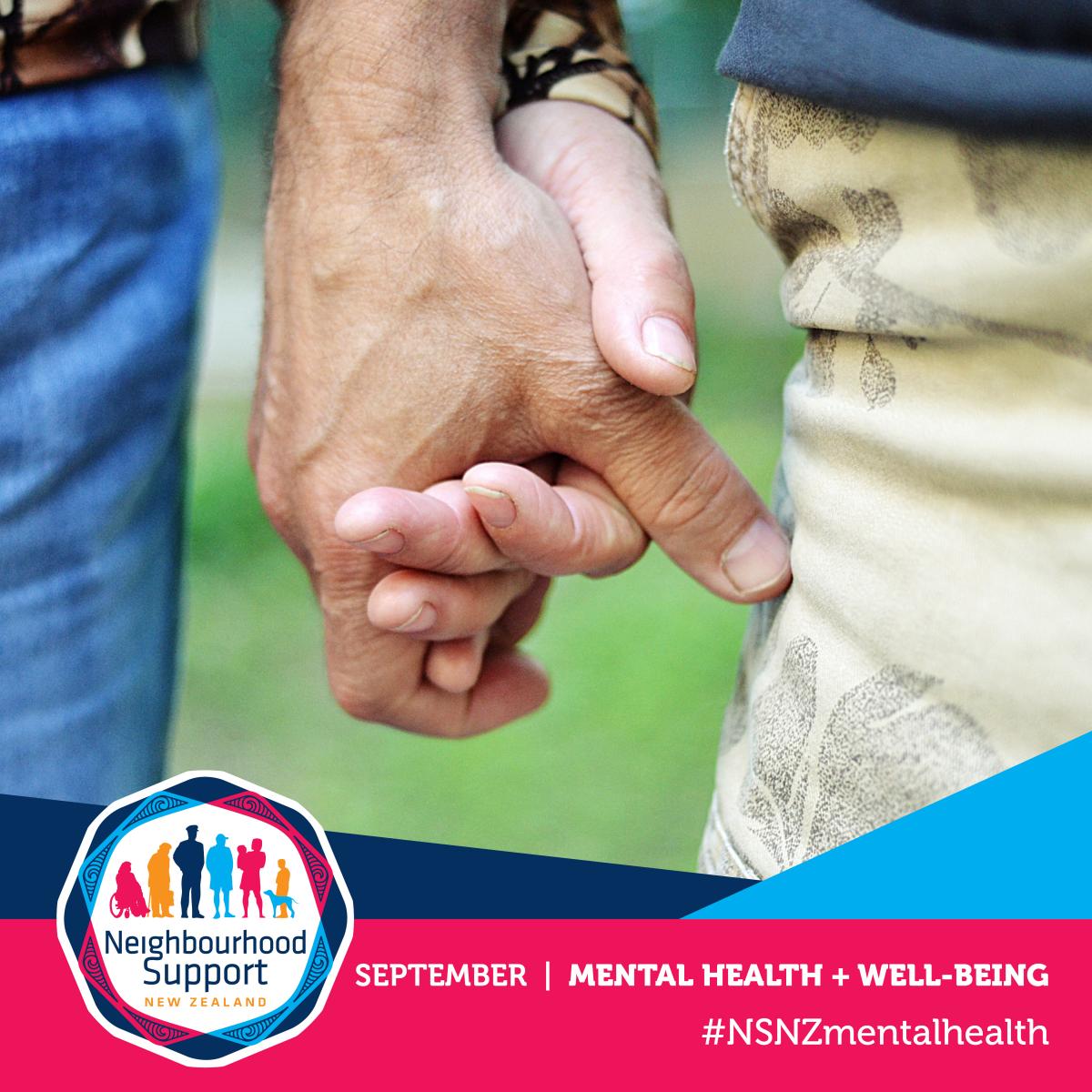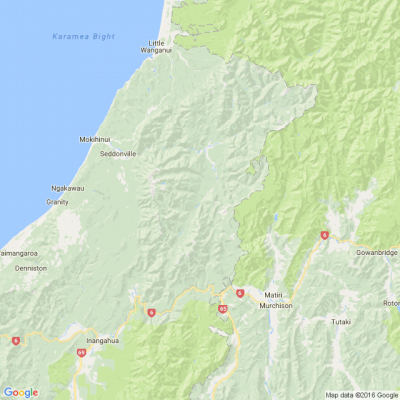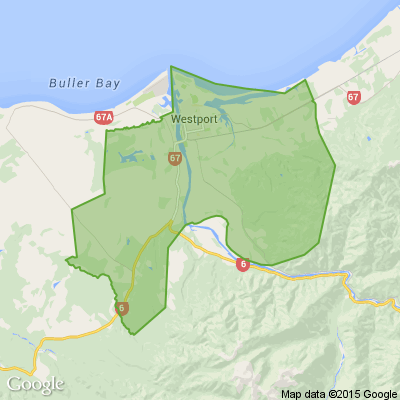Mental Health + Well-Being - September 1st to 30th 🧠
Did you know, 1 in 4 New Zealand adults will suffer from a mental disorder or distress at some point in their lives? When they do, let’s make sure they never have to go it alone. To create safer, more caring communities we need to not only look after ourselves but those around us as well.
For the month of September, we want to use our voice to raise awareness for mental health and well-being. Perhaps consider sharing a cuppa with someone you know who could use the support or challenge your family and friends to unplug from social media for the entire month to improve their well-being. If you or someone you know is going through a rough patch, don’t forget you can call or text 1737 anytime for FREE support from a trained counsellor.
Don’t forget, this month also coincides with World Suicide Prevention Day (September 10th) followed by Mental Health Awareness Week (23 - 29 September) and Mental Health Awareness Day on October 10th.
However you choose to take part, feel free to tag us in your posts + use the following hashtag so we can see how you’re cultivating better mental health for yourself or in your community this month:
#NSNZmentalhealth

Poll: 🤖 What skills do you think give a CV the ultimate edge in a robot-filled workplace?
The Reserve Bank has shared some pretty blunt advice: there’s no such thing as a “safe” job anymore 🛟😑
Robots are stepping into repetitive roles in factories, plants and warehouses. AI is taking care of the admin tasks that once filled many mid-level office jobs.
We want to know: As the world evolves, what skills do you think give a CV the ultimate edge in a robot-filled workplace?
Want to read more? The Press has you covered!

-
0% Human-centred experience and communication
-
0% Critical thinking
-
0% Resilience and adaptability
-
0% Other - I will share below!
Emma’s wedding dress reveal tells a different love story
A Valentine’s-inspired wedding dress show at Ryman Healthcare’s Logan Campbell Village is providing the perfect opportunity for residents to share memories of their romantic day.
But for Emma Muller, it has also turned into an opportunity to celebrate her late daughter Nicola, who died 19 years ago at the age of 37.

Poll: Should the government levy industries that contribute to financial hardship?
As reported in the Post, there’s a $30 million funding gap in financial mentoring. This has led to services closing and mentors stepping in unpaid just to keep helping people in need 🪙💰🪙
One proposed solution? Small levies on industries that profit from financial hardship — like banks, casinos, and similar companies.
So we want to hear what you think:
Should the government ask these industries to contribute?

-
59.4% Yes, supporting people is important!
-
26.4% No, individuals should take responsibility
-
14.2% ... It is complicated






 Loading…
Loading…





